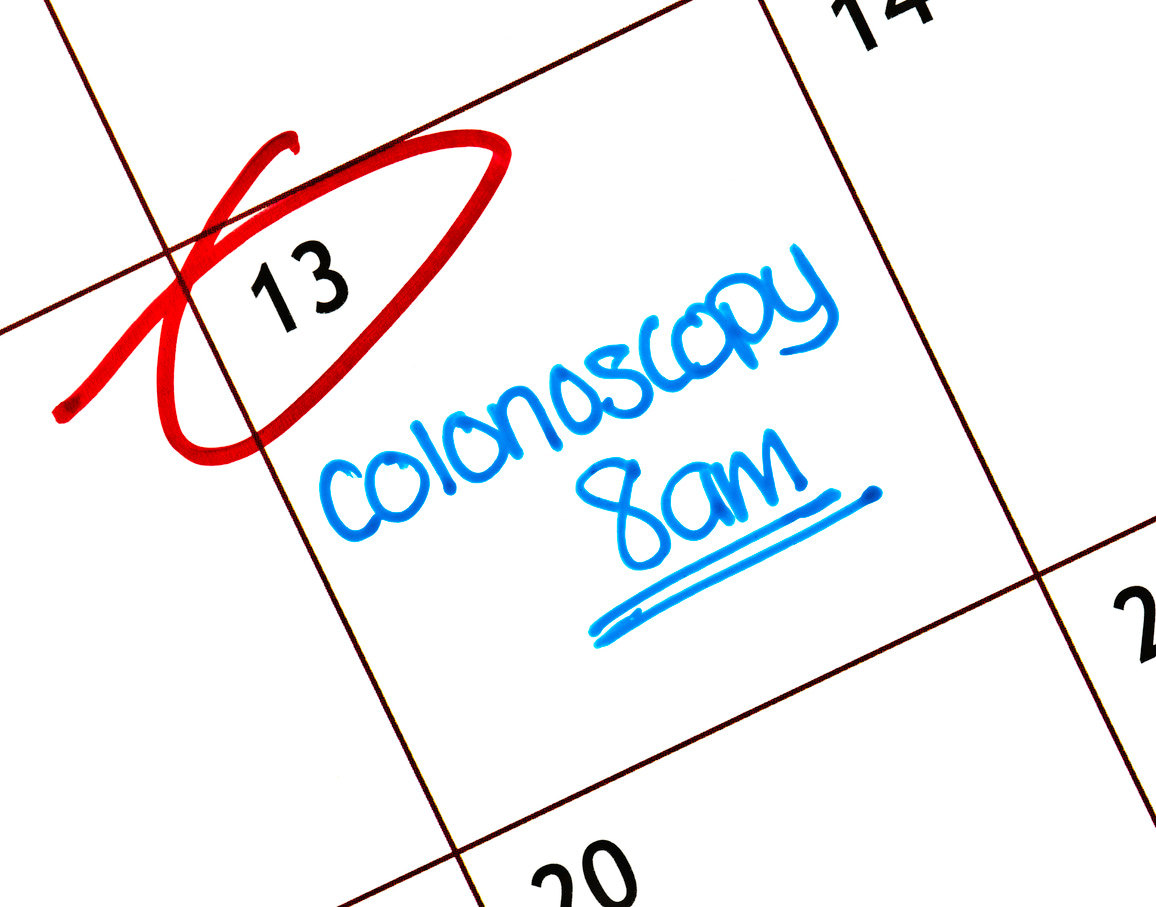
What is Colon Cancer?
Colon cancer, also known as colorectal cancer, is a type of cancer that starts in the colon or rectum. It often begins as small, noncancerous growths called polyps, which can develop into cancer over time. Colon cancer is one of the leading causes of cancer-related deaths, but it is highly preventable and treatable when detected early through regular screening.
The Role of Colonoscopy in Screening
What is a Colonoscopy?
A colonoscopy is a medical procedure used to examine the inside of the colon and rectum. During the procedure, a long, flexible tube with a camera on the end, called a colonoscope, is inserted into the rectum. This allows doctors to view the entire colon and rectum to detect any abnormalities, including polyps or cancerous growths. If polyps are found, they can often be removed during the colonoscopy, which helps prevent them from turning into cancer.
Why is Colonoscopy Important?
Colonoscopy is considered the gold standard for colon cancer screening because it allows for both the detection and removal of precancerous polyps. Early detection through colonoscopy can significantly reduce the risk of developing colon cancer. For most people, it is recommended to begin regular screening at age 45. However, those with a higher risk, such as a family history of colorectal cancer or a personal history of polyps, may need to start screening earlier.
How to Prepare for a Colonoscopy
Preparation for a colonoscopy involves cleansing the colon so that it is clear for the examination. This typically requires following a special diet and taking a laxative the day before the procedure. On the day of the colonoscopy, you’ll be sedated to ensure comfort during the procedure, which usually takes about 30 to 60 minutes. After the procedure, you may experience mild cramping or bloating, but these symptoms usually subside quickly.
Benefits of Colon Cancer Screening
Early Detection Saves Lives
Screening for colon cancer through colonoscopy is vital because it can detect the disease at an early stage when it is most treatable. Removing polyps before they become cancerous can prevent the development of colon cancer altogether. For those diagnosed with colon cancer, early detection through screening increases the likelihood of successful treatment and reduces the risk of the cancer spreading to other parts of the body.
Reducing the Risk of Colon Cancer
Regular colonoscopies and adherence to screening guidelines significantly reduce the risk of developing colon cancer. By identifying and removing polyps early, the procedure prevents them from progressing to cancer. Screening is particularly important for individuals with risk factors such as age, family history of colorectal cancer, a history of polyps, or conditions like inflammatory bowel disease.
Peace of Mind
Undergoing regular screening can provide peace of mind, knowing that you are taking proactive steps to protect your health. Even if no polyps are found, a clear colonoscopy result offers reassurance that your colon is healthy. If polyps are detected and removed, it provides the opportunity to prevent colon cancer from developing in the future.
Conclusion
Summary of Key Points
Colonoscopy is a critical tool in the prevention and early detection of colon cancer. By allowing doctors to view the entire colon and remove polyps before they become cancerous, colonoscopy plays a vital role in reducing the risk of colon cancer. Regular screening, especially for those at higher risk, is essential for early detection and successful treatment of colon cancer.
Encouragement to Take Action
If you are at the recommended age for colon cancer screening or have risk factors that increase your risk, don’t delay scheduling a colonoscopy. Early detection is key to preventing colon cancer and ensuring the best possible outcome. Talk to your healthcare provider about the appropriate screening schedule for you and take the necessary steps to protect your health.
